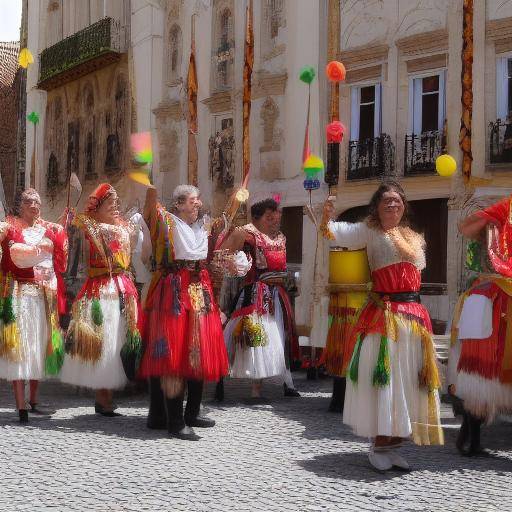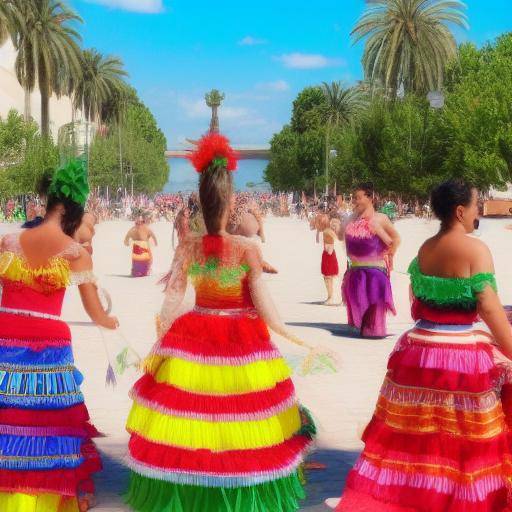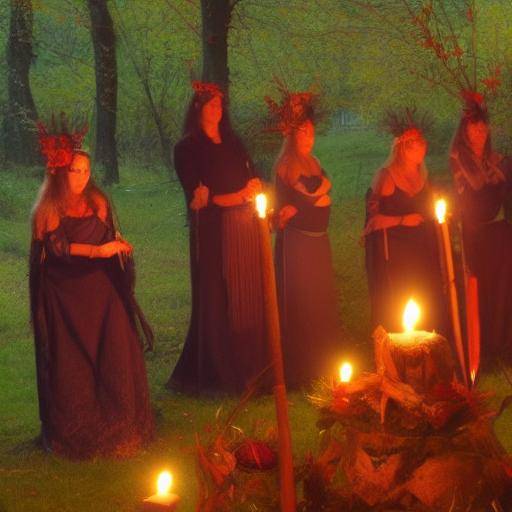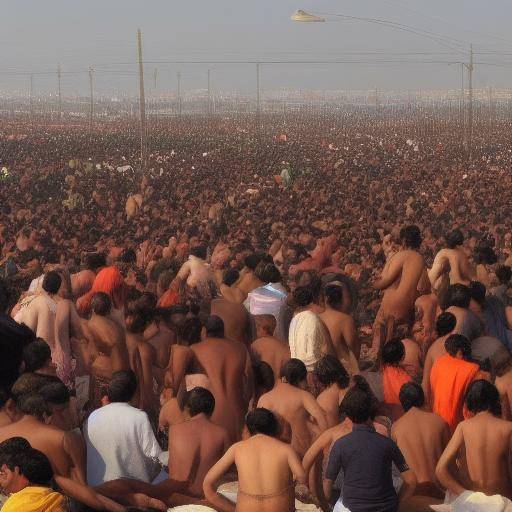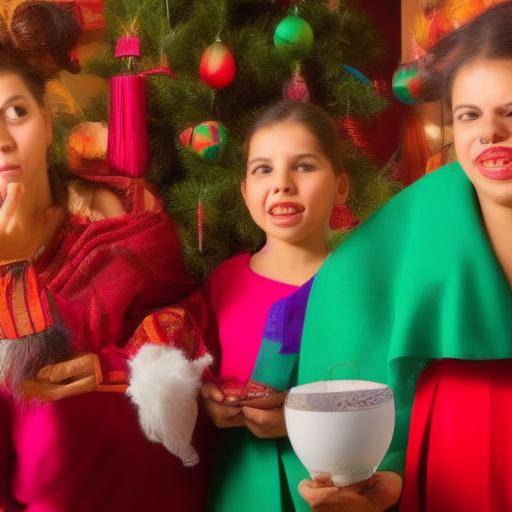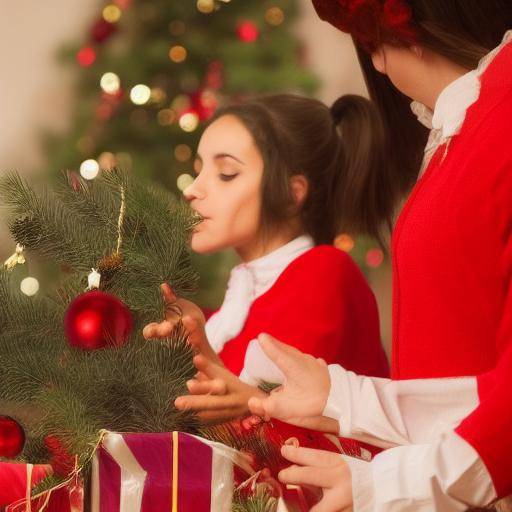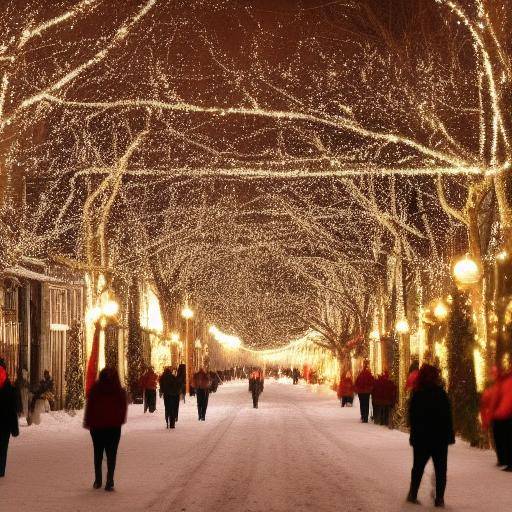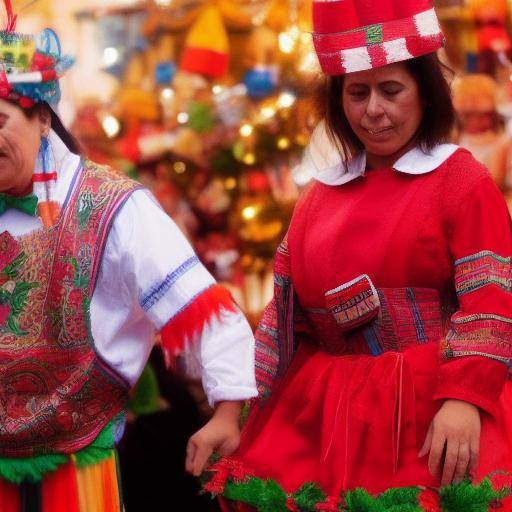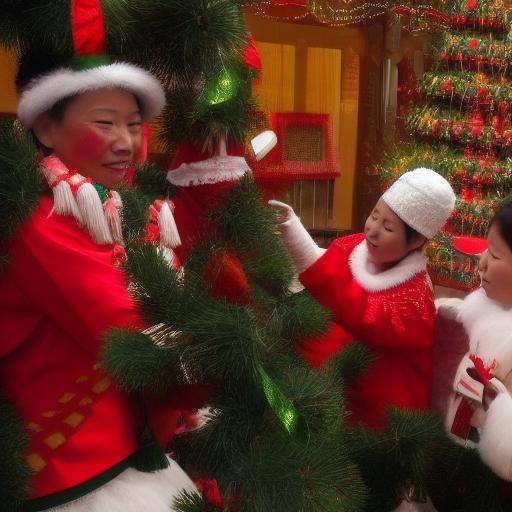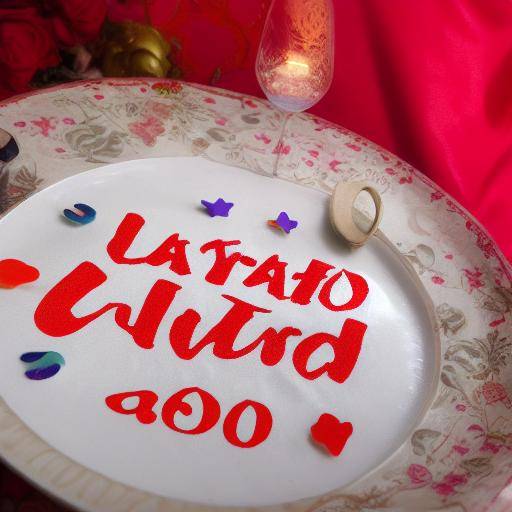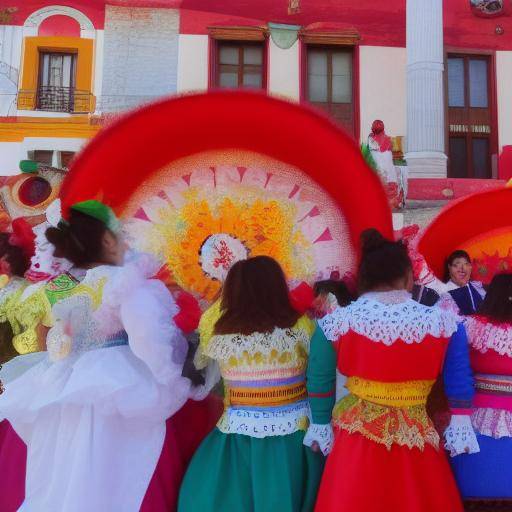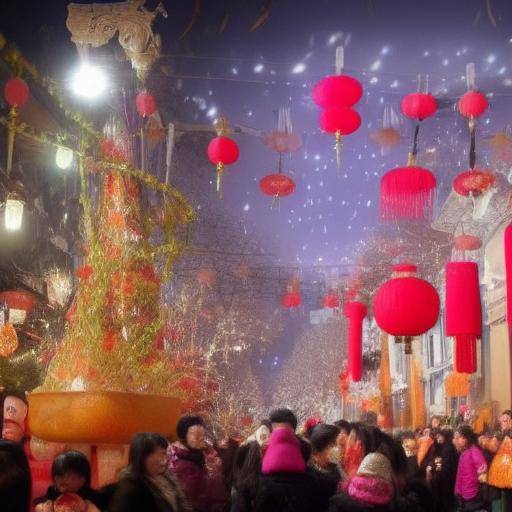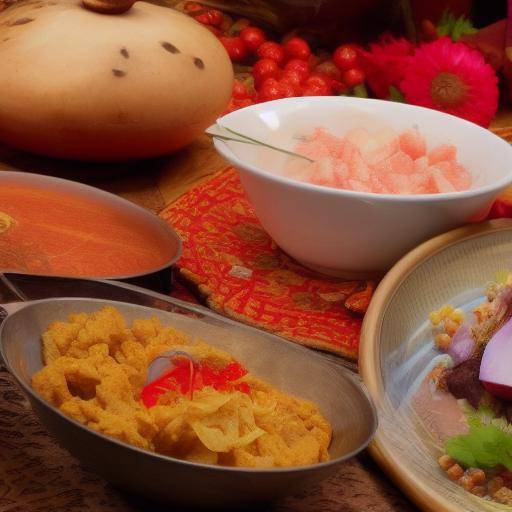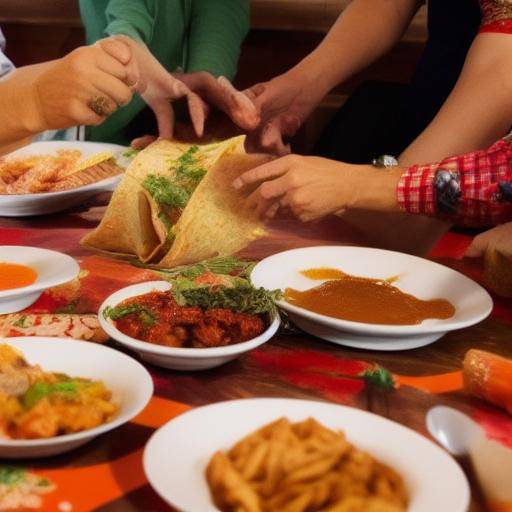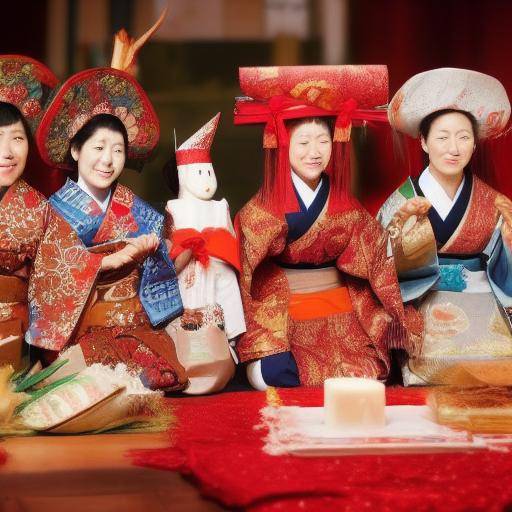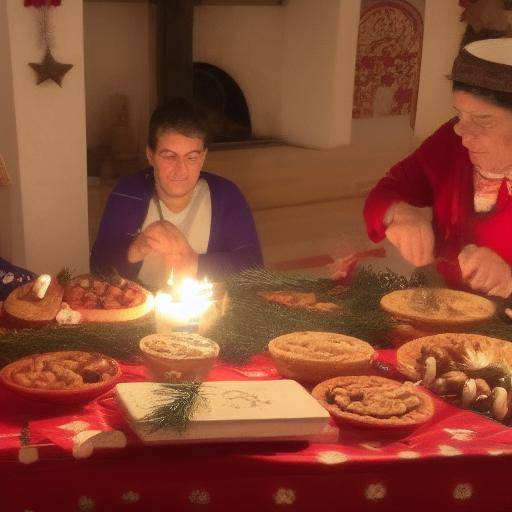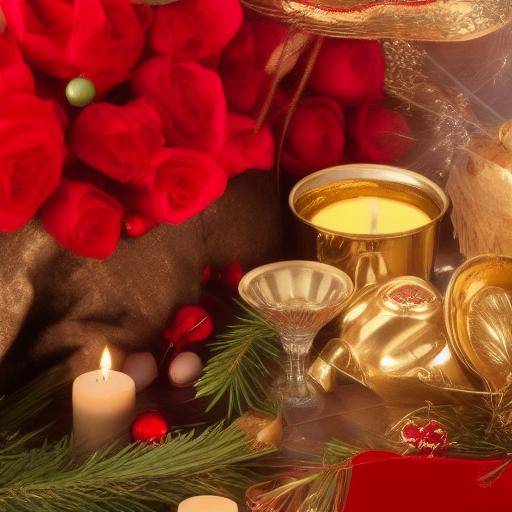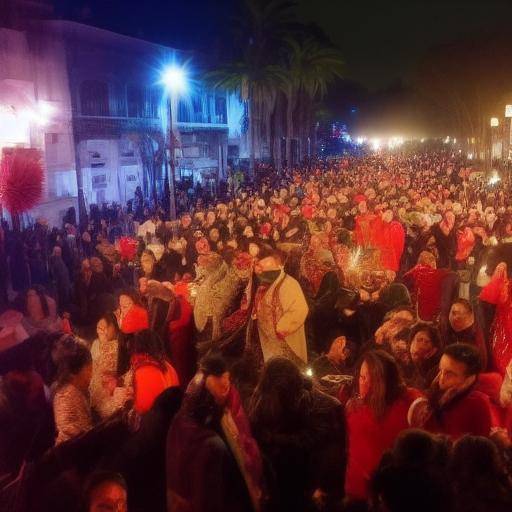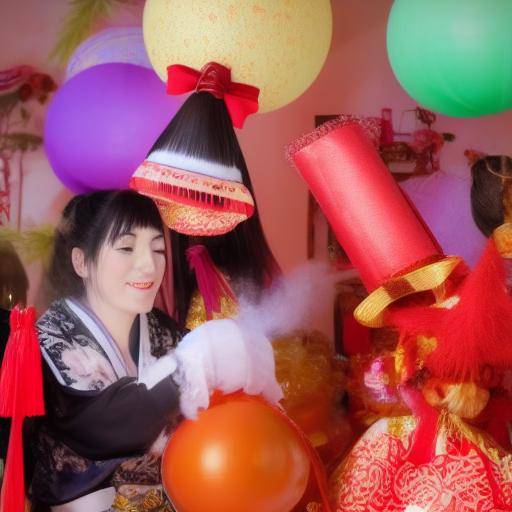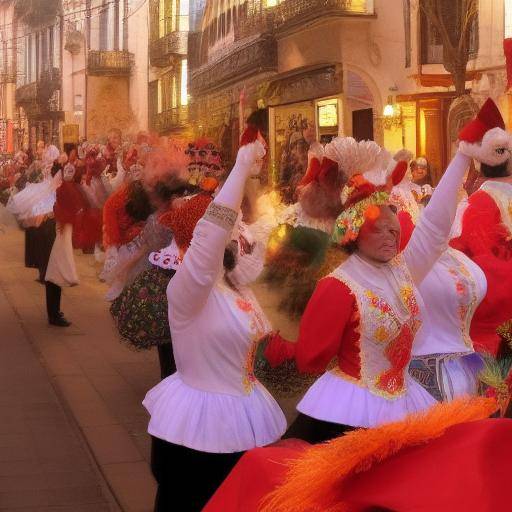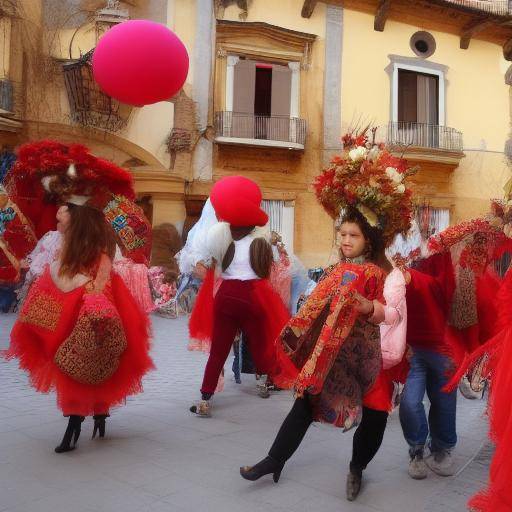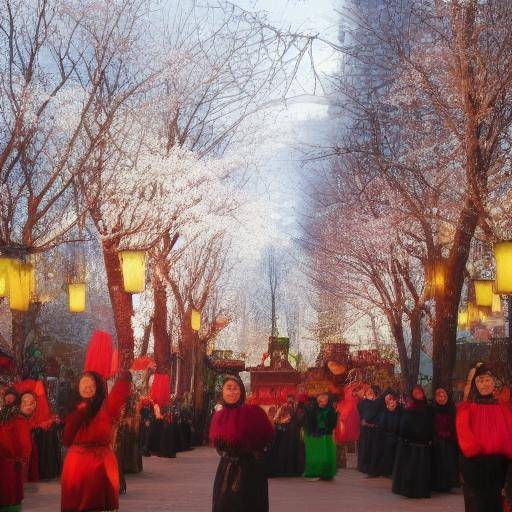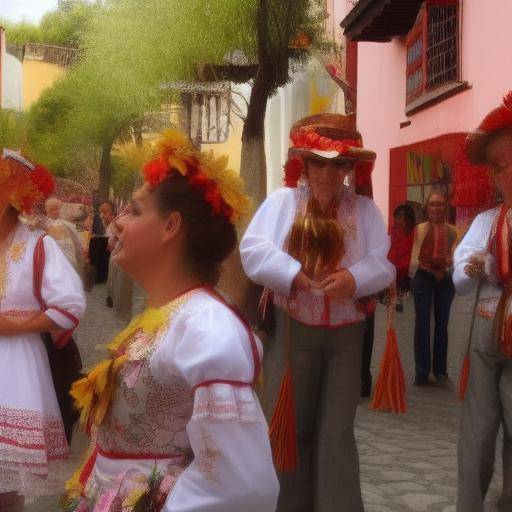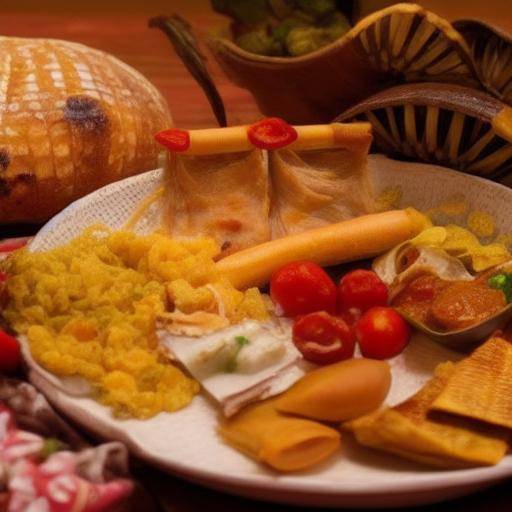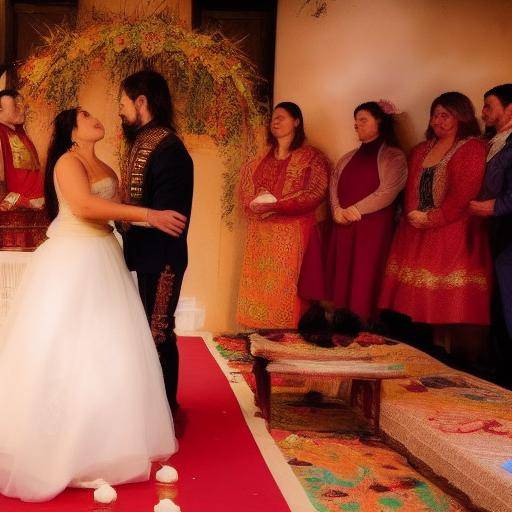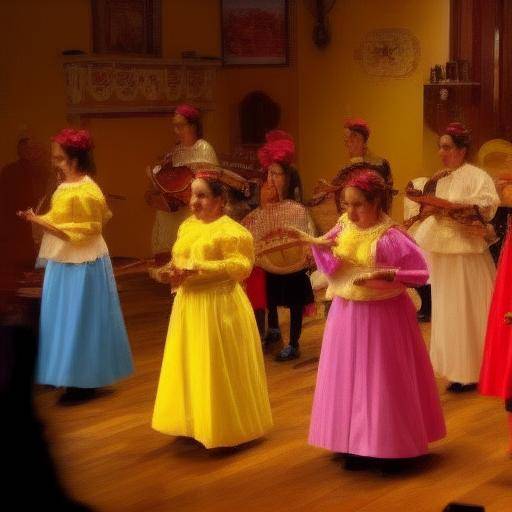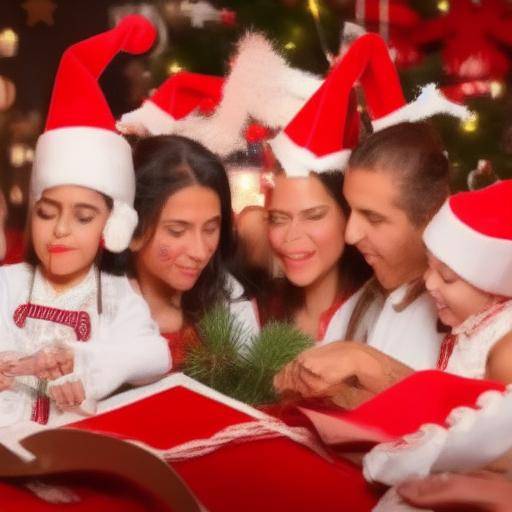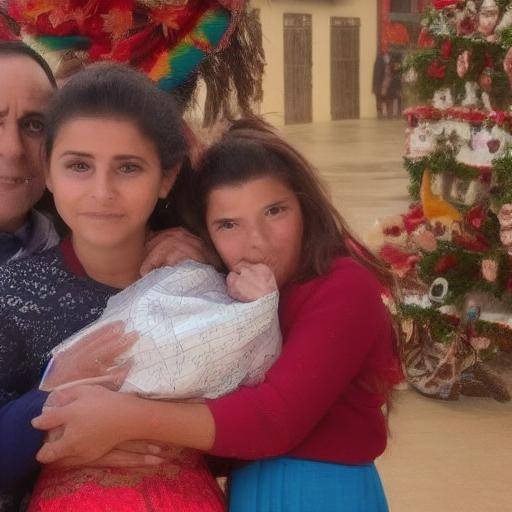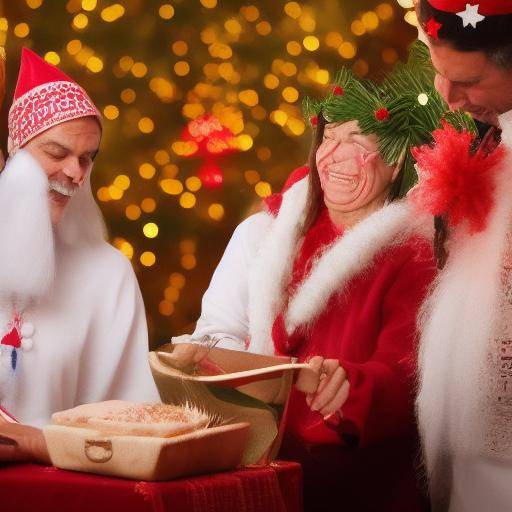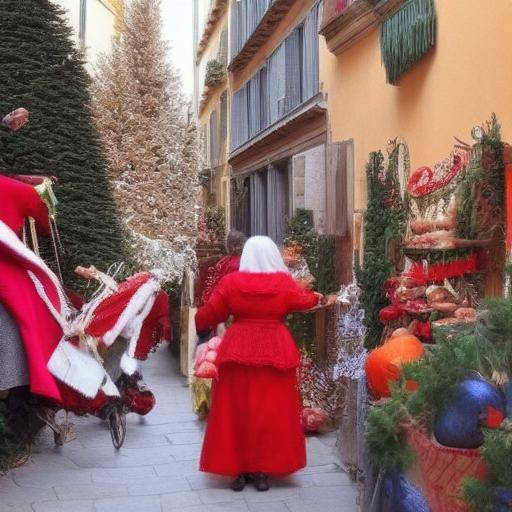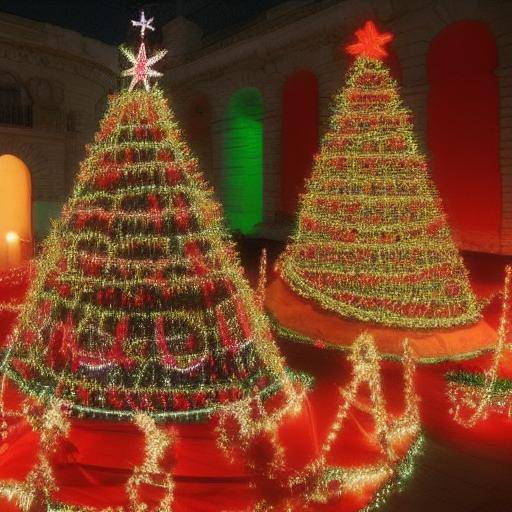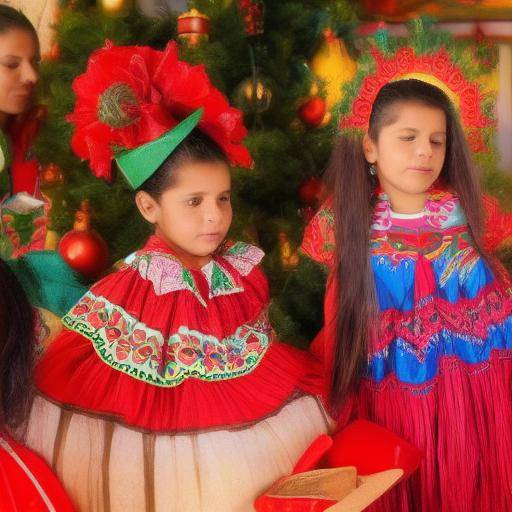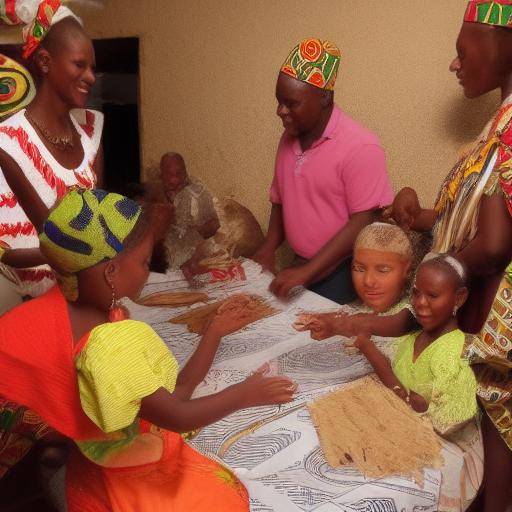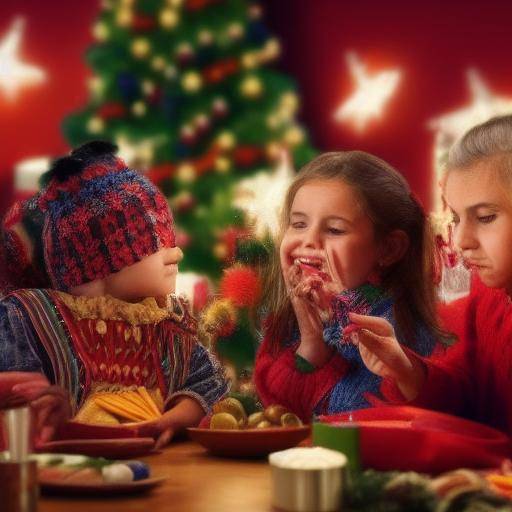
Christmas is a magical time in Spain, full of traditions rooted in the history and culture of the country. From religious celebrations to family holidays, Christmas traditions in Spanish culture offer a unique vision of how this special season is celebrated in this vibrant nation. In this article, we will explore in detail the practices, customs, and holidays that make Christmas in Spain a unique experience. From rich history to contemporary celebrations, we will discover the charms of Spanish Christmas and how they influence the culture of the country.
Introduction
Christmas is an expected and celebrated moment around the world, and Spain is not the exception. Christmas traditions in Spanish culture have profound historical and religious roots that intertwine with festive and family aspects.
In this article, we will delve into the rich history and meaning of Christmas traditions in Spanish culture. From the famous celebration of Christmas Eve to the arrival of the Magi, we will explore how this season is celebrated in different regions of Spain. We will also analyze the influence of these traditions in Spanish society and how they have evolved over the years.
History and Origins of Christmas Traditions in Spain
The celebration of Christmas in Spain has its roots in a combination of pagan religious traditions and festivities. Since the introduction of Christianity on the Iberian peninsula, the celebration of Christmas has evolved, adopting elements of various cultures and beliefs.
Religious Influence
Christmas in Spain is intrinsically linked to its Catholic heritage. The Christmas Eve, on December 24, is one of the most important celebrations, where families meet for the Gallo Mass and later share a traditional dinner. This event marks the official beginning of the Christmas holidays, focusing on the birth of Jesus.
On the other hand, Christmas Day is also a special date, where the arrival of the Child Jesus is commemorated with festive activities and family meetings.
Traditional holidays
The celebration of New Year's Eve, on December 31, is another tradition rooted in Spanish culture. Families and friends meet for "luck grapes", consuming a grape with every midnight bell to attract good fortune in the coming year.
The Arrival of the Magi
One of the most distinctive traditions of Christmas in Spain is the celebration of the arrival of the Magi on January 6, known as the "Night of Kings". This festival represents the day when the three kings came to Bethlehem to offer gifts to the Child Jesus. The Spanish children await with emotion the arrival of the Magi, who will bring them gifts if they have been good during the year.
Contemporary Evolution
Although many of these traditions have historical roots, the way they celebrate has evolved over time. For example, the celebration of New Year's Eve has incorporated new elements, such as the great celebrations in public squares with fireworks and live music.
Christmas in the Various Regions of Spain
Andalusia and its Festivals
In Andalusia, Christmas is celebrated with great enthusiasm, highlighting the importance of gastronomy in the holidays. Plates like the "rocon of kings", the "turron" and the "polvoron" are an integral part of the celebrations. In addition, the streets are filled with colorful Christmas markets and traditional artistic performances.
Catalonia and its unique celebration
In Catalonia, the celebration of Christmas includes unique practices, such as the construction of the "caganer", a traditionally hidden figure in the belenes representing a person defecate. Also celebrated is the "Festa dels Tres Tombs", a procession with chariots and horses in honor of San Antonio Abad, which marks the official beginning of the holidays.
Other Regional Traditions
In the north of Spain, especially in the Basque Country and Navarre, the party of "Olentzero" represents a tradition rooted in the Basque culture, where a carbonary lowers the mountains to announce the arrival of the gifts to the children.
The Influence of Christmas in Spanish Culturea
Christmas has not only an impact on the religious and family sphere, but also influences other aspects of Spanish culture. From gastronomy to leisure activities, the Christmas season brings with it a unique set of customs that enrich the daily lives of the Spaniards.
Christmas Gastronomy
The cuisine plays a key role in celebrating Christmas in Spain. Traditional dishes such as the "asado cord" or the "pavo filled" are the cornerstone of Christmas dinners, while the "turrón" and the "mazapán" are the most popular sweets during this time of year.
The Economic Impact
The Christmas season also has a significant impact on the Spanish economy. The increase in tourism, the increase in retail sales and the rise in Christmas markets contribute to economic dynamism during this period.
Celebration in Popular Culture
Christmas inspires a rich tradition of carols, dances and theatrical performances throughout Spain. Christmas music is a fundamental part of the holidays, with concerts and shows that fill the streets and public squares.
Conclusion
Christmas traditions in Spanish culture offer a fascinating view of how Christmas is celebrated and lived in this vibrant nation. From the entrenched religious customs to family holidays, Christmas celebrations in Spain reflect the country's rich history and cultural diversity. This special season unites families, strengthens traditions and enriches everyday life with its unique charm.
Merry Christmas and Happy New Year!
Frequently asked questions about Christmas traditions in Spanish culturea
1. What is the origin of the tradition of the grapes of luck in New Year's Eve in Spain?
The habit of eating twelve grapes in New Year's Eve has its roots in the surplus of grapes that occurred in Spain at the end of the nineteenth century. The viticultors promoted this practice as a way of getting rid of the surplus and as a symbol of prosperity for the next year.
2. What does the celebration of the Night of Kings mean in Spain?
The Night of Kings, celebrated on January 5, commemorates the arrival of the Magi to Bethlehem to worship the Child Jesus and to offer gifts. In Spain, this is a long-awaited holiday, as children receive gifts and enjoy special celebrations and celebrations.
3. What is the typical Christmas dish in Spain?
The "asado cord" is a traditional Christmas dish in Spain, especially in the region of Castilla y León. You will also find the "pavo filled" as a main dish on many Christmas tables.
4. What is the importance of Christmas Day celebration in Spanish culture?
Christmas Day, December 25, is an important celebration in Spanish culture, as it commemorates the birth of Jesus. Families gather to share special meals and gifts, keeping religious tradition and joining the
5. What typical activities are performed during Christmas in Spain?
During Christmas, Spaniards enjoy activities such as visiting Christmas markets, attending villain concerts, participating in religious processions, enjoying Christmas shows, and sharing special meals with family and friends.
6. How is the arrival of the Magi in different regions of Spain celebrated?
The arrival of the Magi, on January 6, is celebrated in different ways throughout Spain. From colorful parades and horseback riding to theatrical performances and cultural festivals, each region has its own traditions and special activities for this holiday.
This article has addressed the various Christmas traditions rooted in Spanish culture, offering an integral vision of the celebration of Christmas in this fascinating country. From its rich history and origins to its impact on daily life and economy, the Christmas traditions in Spain provide a unique perspective of this universally celebrated holiday.
Happy holidays and prosperous new year!

